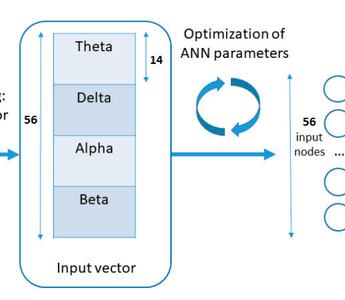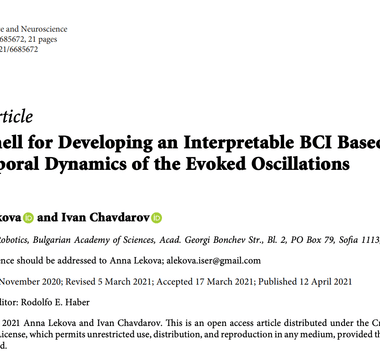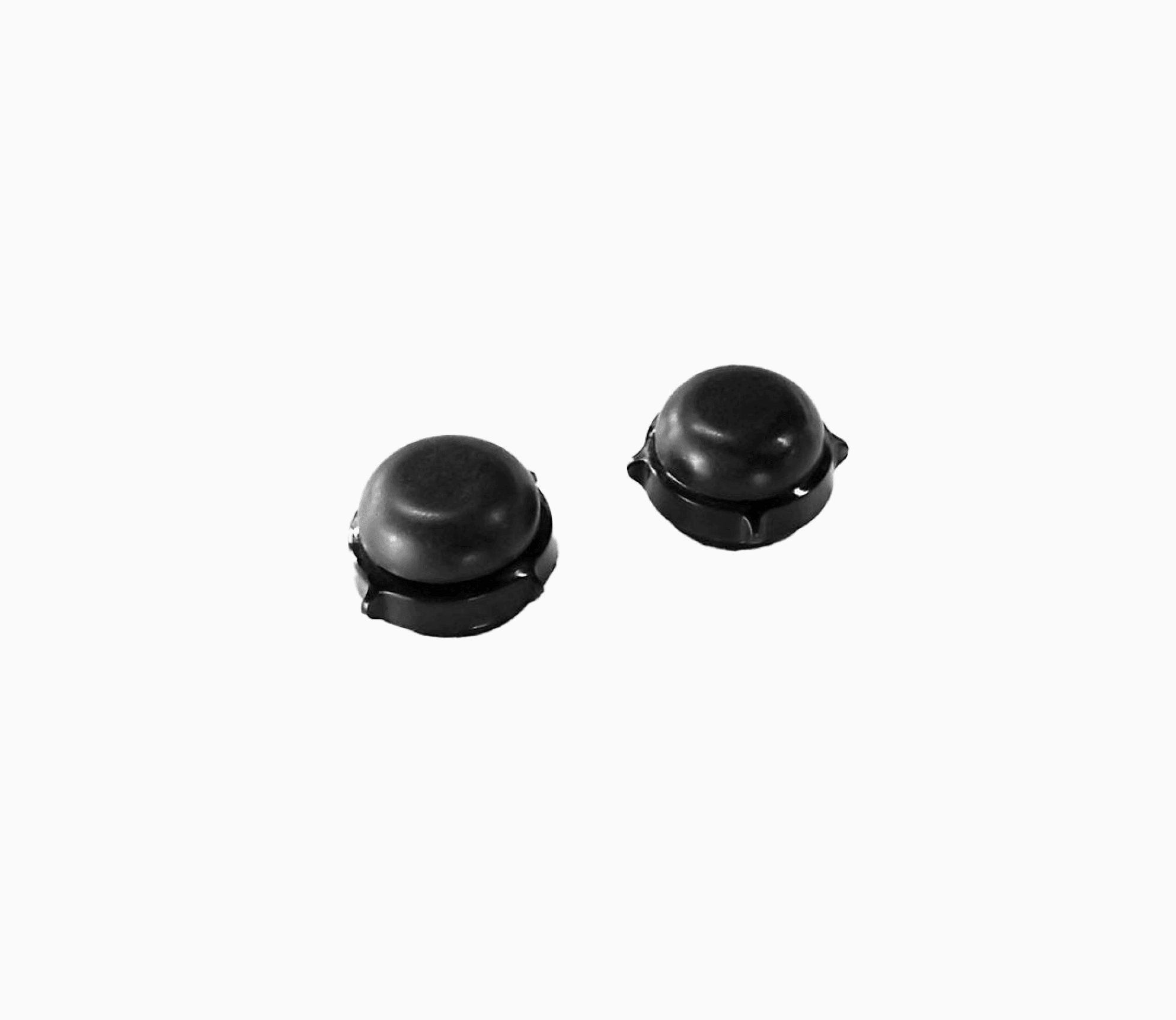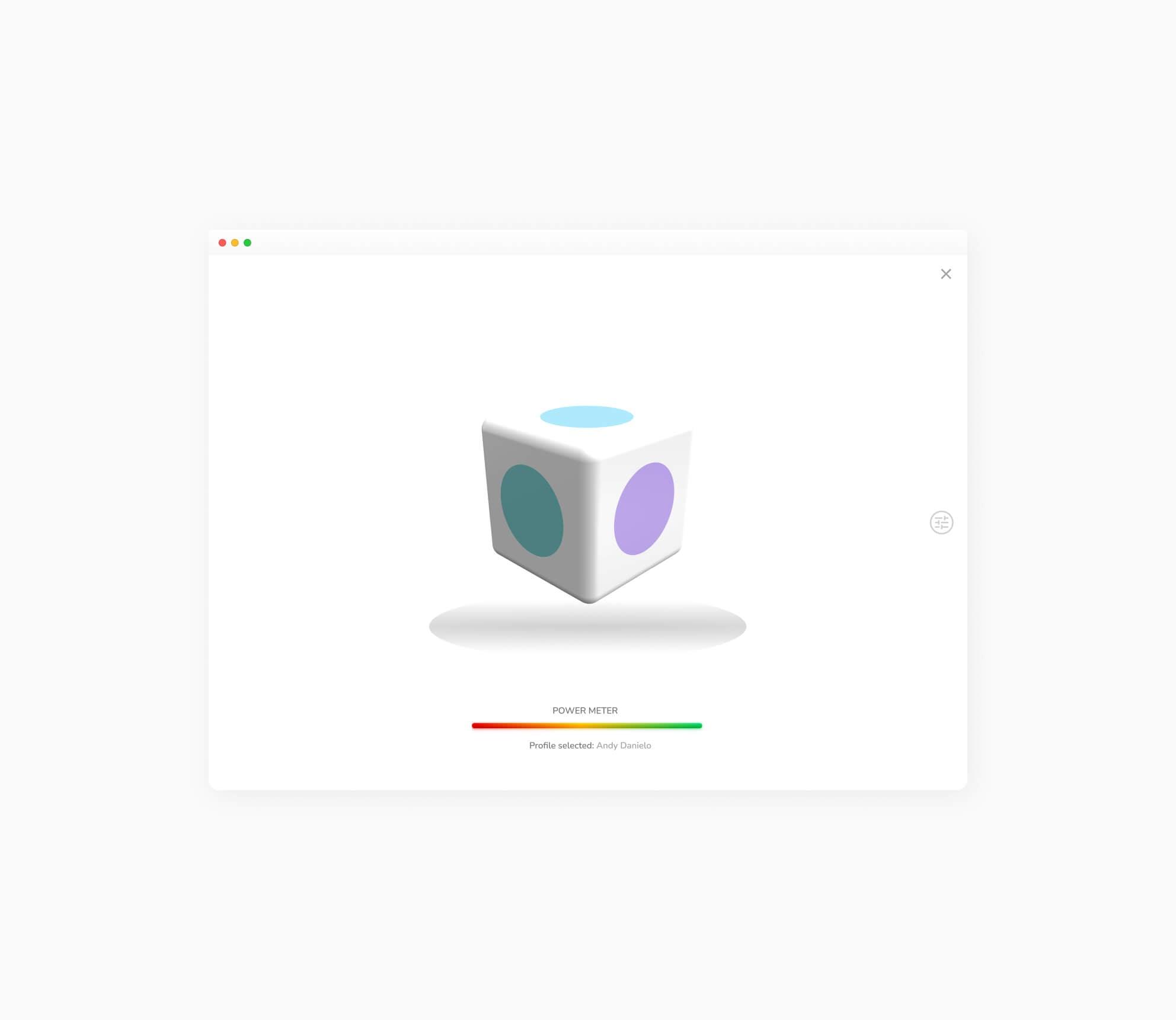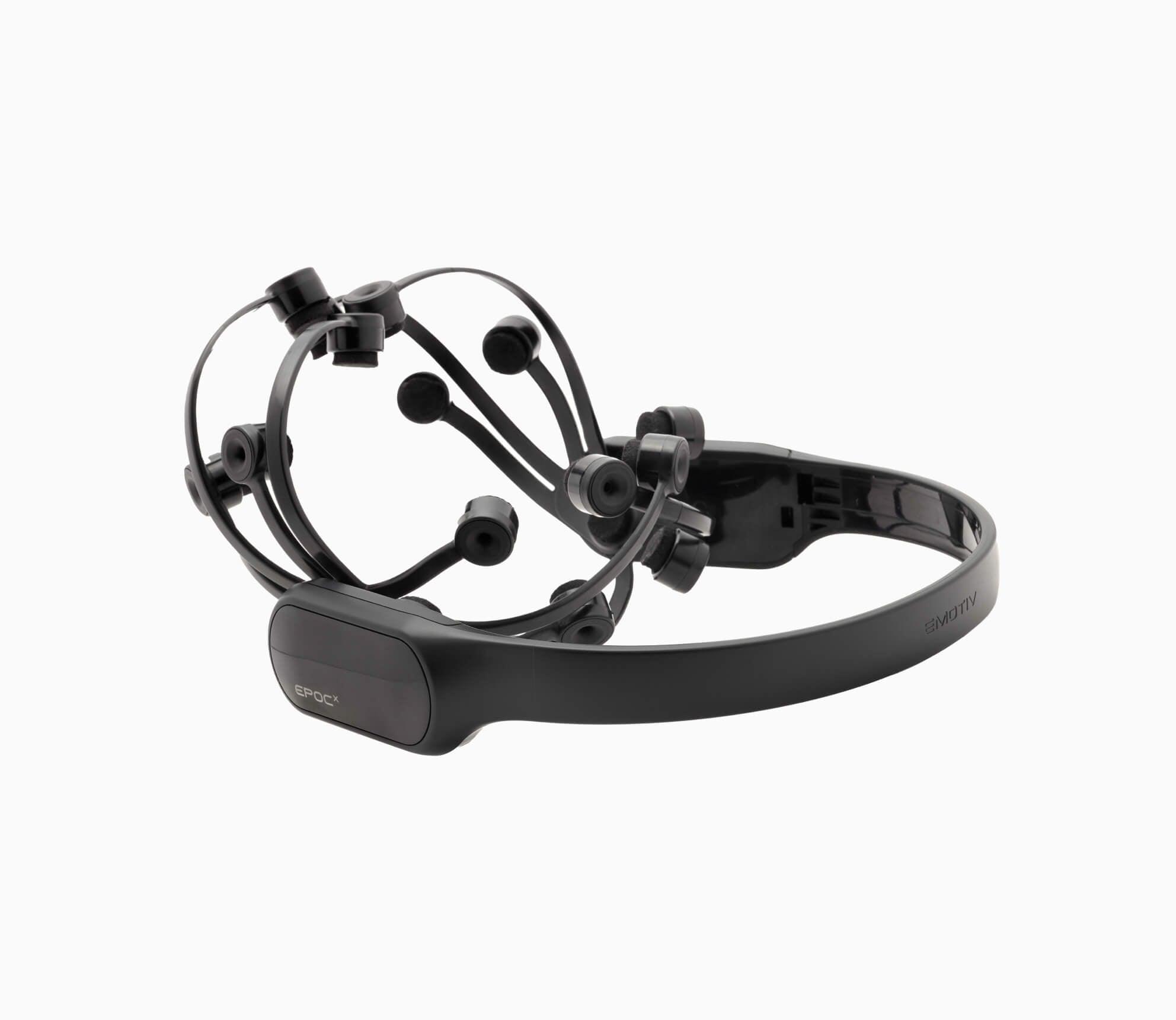Abstract
The aim of the present investigation was to assess if mobile electroencephalography (EEG) setup can be used to track mental workload, which is an important aspect of learning performance and motivation and may thus represent a valuable source of information in the evaluation of cognitive training approaches.
Twenty-five healthy subjects performed a three-level N-back test using a fully mobile setup including tablet-based presentation of the task and EEG data collection with a self-mounted mobile EEG device at two assessment time points. A two-fold analysis approach was chosen including a standard analysis of variance and an artificial neural network to distinguish the levels of cognitive load. Our findings indicate that the setup is feasible for detecting changes incognitive load, as reflected by alterations across lobes in different frequency bands. In particular, we observed a decrease of occipital alpha and an increase in frontal, parietal, and occipital theta with increasing cognitive load. The most distinct levels of cognitive load could be discriminated by the integrated machine learning models with an accuracy of 86%.
Conclusions
In the current investigation, we tested a fully mobile setup for cognitive training tasks combined with EEG recording to detect cognitive load. The setup was based on a mobile EEG device combined with a tablet to display the cognitive task to allow for easy mounting and performing self-testing. Analysis of the behavioral data confirmed differences in task performance depending on task difficulty. Furthermore, we found a decrease of occipital alpha frequency band power and an increase of frontal theta frequency band power upon the higher difficulty of the task confirming our main hypothesis. In addition, automatic cognitive effort classification revealed that the machine learning approach discriminates between the most distinct levels of cognitive load with an accuracy of 86%. Our findings suggest the feasibility of the fully mobile setup to detect distinct levels of cognitive load such as reflected by band power changes. In addition, subjectively rated usability is adequate with an initial in-person training session of the electrode mounting. Future investigations are needed to evaluate results in more diverse samples including a wider age range and patient groups.


